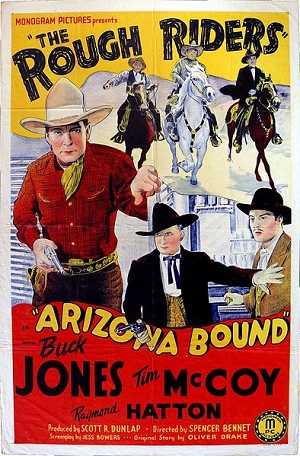George Turner (GT-95-212)

Unknown author, Public domain via Wikimedia Commons
In September 1995 George Turner of Ipswich, Suffolk responded to a call in the local press for volunteers to take part in Cinema Culture in 1930s Britain, joining the project’s twenty-one East Anglian core informants. Born in 1921 in the village of Ashbocking, Mr Turner was one of six children of a farm labourer father and a housewife mother. On leaving school at fourteen he took a job as a poultry boy on a farm, and was employed in and around agriculture for the rest of his working life. He was interviewed at his home on 13 October and 10 November 1995.
Mr Turner’s first interview opens with memories of some Ipswich cinemas: recollections of seat prices and programmes and naming of films and stars that he liked. For a village boy, he recalls, the only way of getting about was by bicycle: it was seven miles from his village to Ipswich and the nearest cinemas. He would go with friends, and they would sometimes make an excursion of it by stopping off for a beer on the way home. At the pictures he enjoyed slapstick comedy and musicals and recalls seeing some Astaire/Rogers films several times. He tells how as youngsters he and his friends would improvise their play equipment: pop guns fashioned from elder tree branches, catapults from ash tree twigs. He remembers his enjoyment of football; card games played at home by lamplight; dressing up carefully to go to the pictures and trying to stop a smart outfit getting wet when cycling home in the rain. In reflective mood in his second interview Mr Turner contemplates the nature and meaning of cinemagoing at different stages of life. When he was young and money was in short supply, he says, he managed to devise ways of going to the pictures, where his tastes reflected his age— it was “a big boost for you to go”, and he particularly enjoyed cowboy films and serials. Growing up, he recalls, you might go to the pictures with a “lady friend”, and at this stage you went for quality—better acting, more glamour, good music. He mentions his fascination with portrayals of American life in films; and struggles to put into words the appeal of seeing foreign places on screen, knowing that he could never visit those places himself. He explains how he would tailor his leisure choices to what he could afford: “I won’t go there. I can afford to go to some other good film.” The onset of war, getting married, and having children affected one’s cinemagoing in other ways, he muses. A 1938 film annual produced by the interviewer prompts a lively discussion of stars (more than fifty are mentioned in the course of the interview) and films. The interview draws to an elegiac close as Mr Turner revisits his reflections on the cinemagoing of his boyhood years. Audio-synced interview (1 of 2)|
Interview transcript | Listing of cinemas, films and stars mentioned
Audio-synced interview (2 of 2)
Interview transcript | Listing of cinemas, films and stars mentioned
Interview transcript | Listing of cinemas, films and stars mentioned
Audio-synced interview (2 of 2)
Interview transcript | Listing of cinemas, films and stars mentioned
Documents, Memorabilia and Related Links
East Anglia home pageRegent Theatre, Ipswich (ciinematreasures site)
Frank Merriwell page (Wikipedia site)
Extract from Ali Baba Goes to Town, 1937 (Youtube)
'Recalling the days of cinema magic' (ipswichstar site)
'A look back at Fore Street' (ipswichstar site)